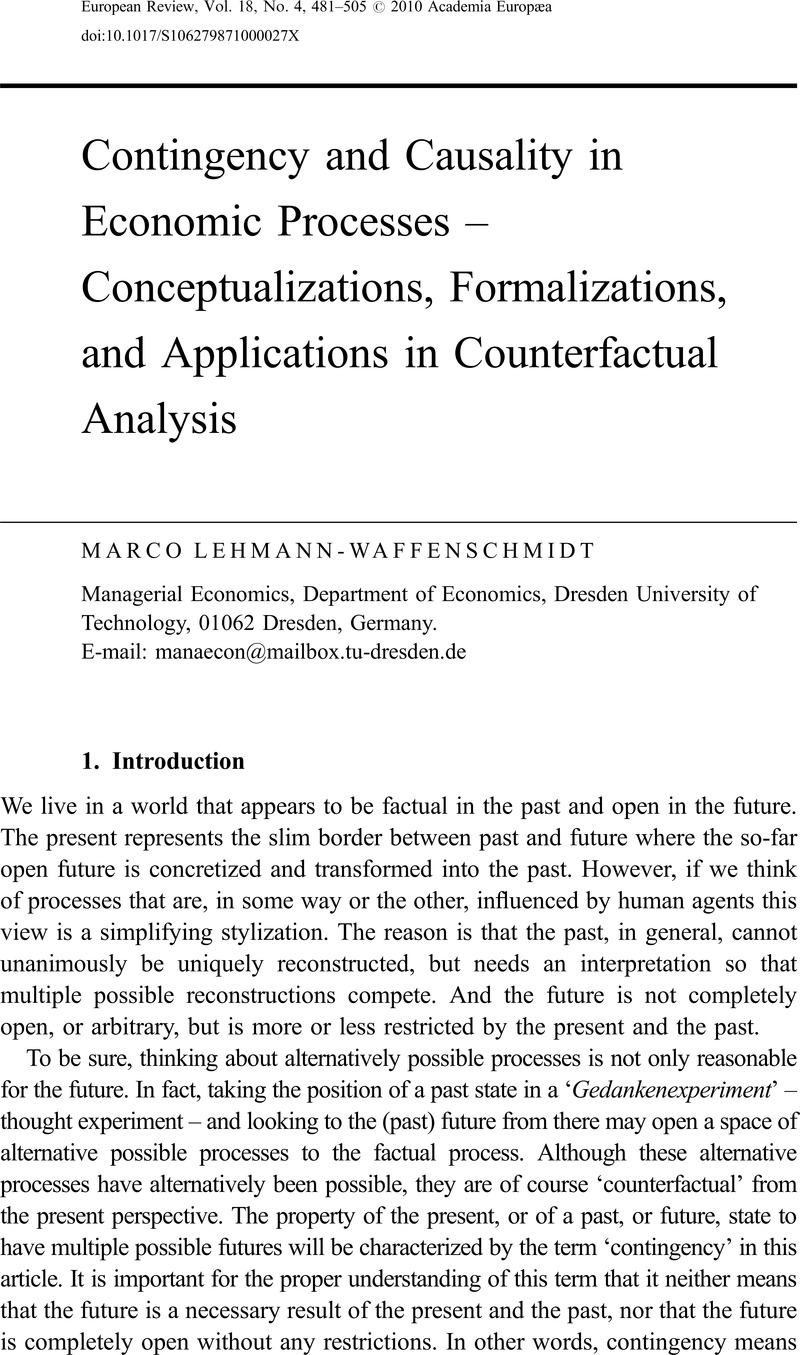Crossref Citations
This article has been cited by the following publications. This list is generated based on data provided by Crossref.
Erkut, Burak
2018.
The Emergence of the ERP Software Market between Product Innovation and Market Shaping.
Journal of Open Innovation: Technology, Market, and Complexity,
Vol. 4,
Issue. 3,
p.
23.
Erkut, Burak
Kaya, Tugberk
Lehmann-Waffenschmidt, Marco
Mahendru, Mandeep
Sharma, Gagan Deep
Srivastava, Achal Kumar
and
Srivastava, Mrinalini
2018.
A fresh look on financial decision-making from the plasticity perspective.
International Journal of Ethics and Systems,
Vol. 34,
Issue. 4,
p.
426.
Kaya, Tuğberk
Erkut, Burak
and
Thierbach, Nadine
2019.
Entrepreneurial Intentions of Business and Economics Students in Germany and Cyprus: A Cross-Cultural Comparison.
Sustainability,
Vol. 11,
Issue. 5,
p.
1437.
ERKUT, Burak
2020.
Hayek on Product Innovation and Market Shaping: Opening the Black Box.
Liberal Düşünce Dergisi,
Vol. 25,
Issue. 100,
p.
169.
Erkut, Burak
2021.
The evolution of central banking: theory and history by Stefano Ugolini, Palgrave Macmillan, 330 pages.
Journal of Evolutionary Economics,
Vol. 31,
Issue. 1,
p.
349.
Lehmann-Waffenschmidt, Marco
2022.
Evolutorische Ökonomik.
p.
51.



